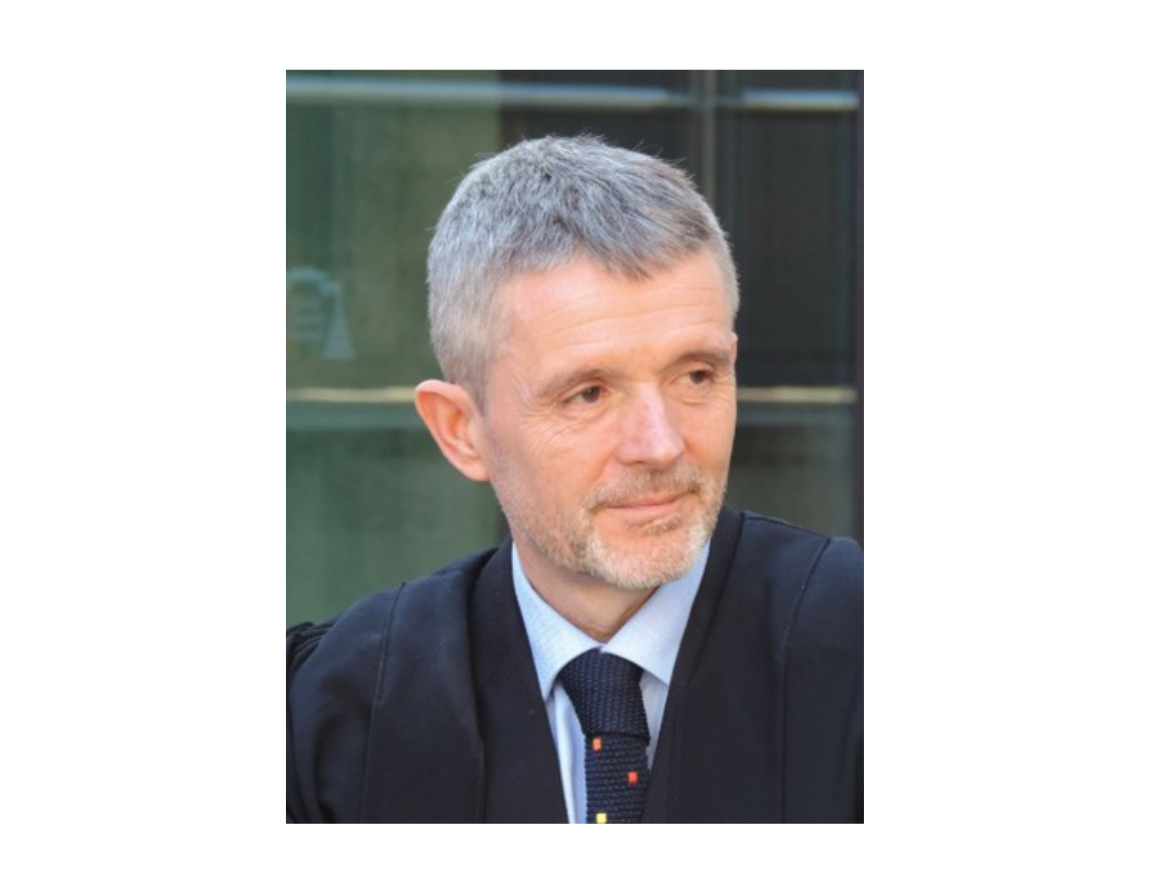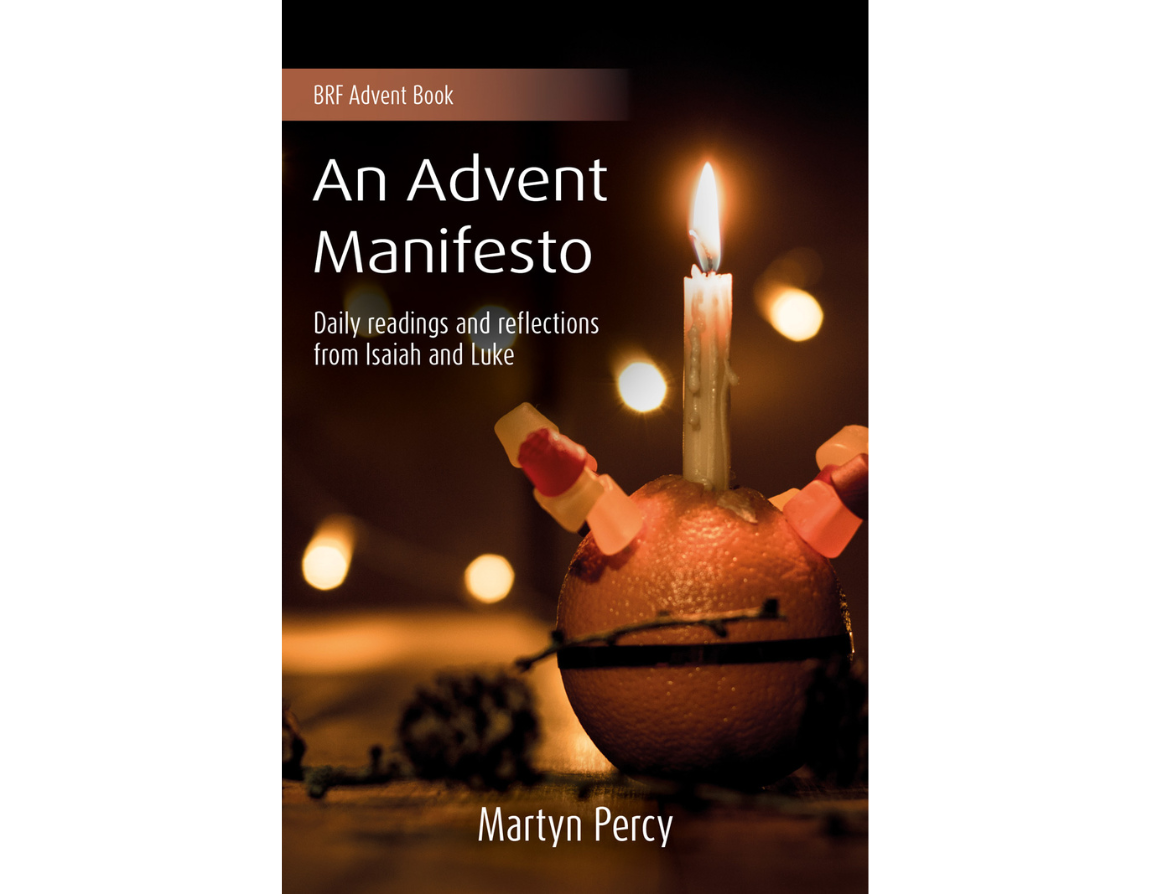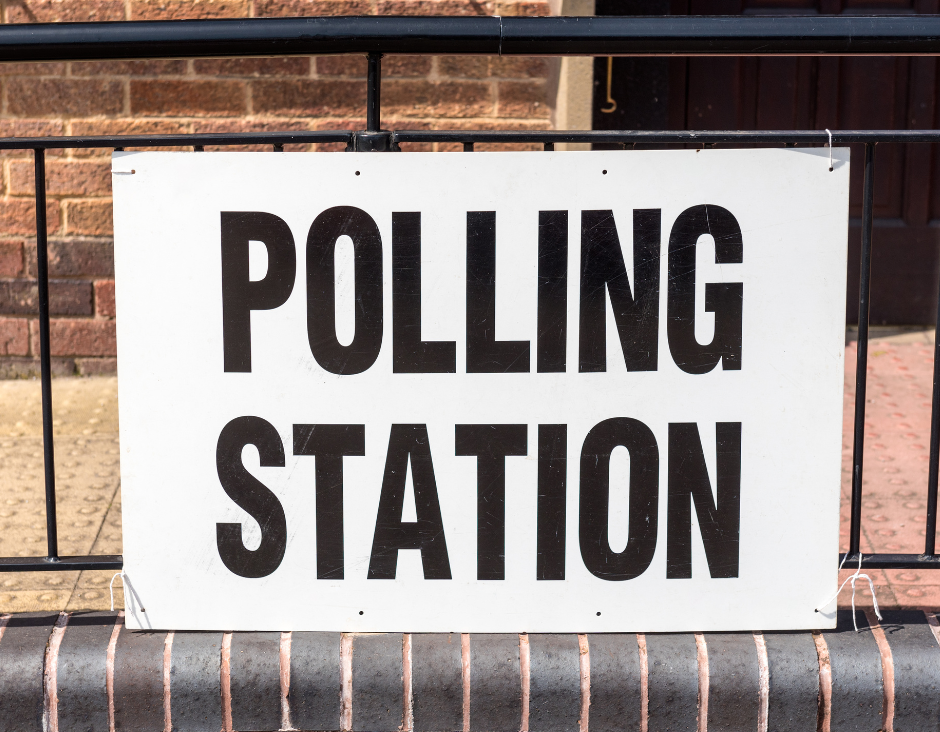The second of three articles by BRF Ministries authors to help you think through the questions and reflect prayerfully on the gospel values that might guide your decision-making in the election on 4 July. This week, Martyn Percy, author of our 2023 Advent book An Advent Manifesto, considers questions about money and the economy.
23 June 2024
God’s currency: resetting the economy
This anecdote, though possibly fictional, conveys a profound truth. The American tycoon John D. Rockefeller was once asked, ‘How much wealth is enough for happiness?’ His purported response: ‘Just a little more.’ This raises a crucial question: when does wealth become excessive? In our reality, we often witness a paradoxical coexistence of ostentatious affluence and abject poverty. The opulent and the destitute are often neighbours. Vast riches and reserves overlook a world of unending scarcity and distressing dearth.
Yet we rarely discuss money. In many cultures, it is considered impolite, brash or too personal. Like politics and religion, there are unspoken rules that keep money off the table, even among friends. Money talk is for professionals, industry, bankers, couples and families to navigate. In our churches, the topic is cautiously approached and heavily veiled in the rhetoric that emphasises support, stewardship, ministry, contribution and the like. As one preacher observed, money is a commodity that people relentlessly pursue six days a week and prefer not to discuss on the one day it matters most.
Currency is something else. As you might guess, it comes from the Latin root currens, which refers to the condition of flowing and of keeping things running. In ancient societies without means for coining money, complex systems of bartering evolved. That might be so much wheat for one chicken or bales of straw in return for fruit. Such economies were well-established in ancient Britain, along with rules and guidelines for equivalence and exchange.
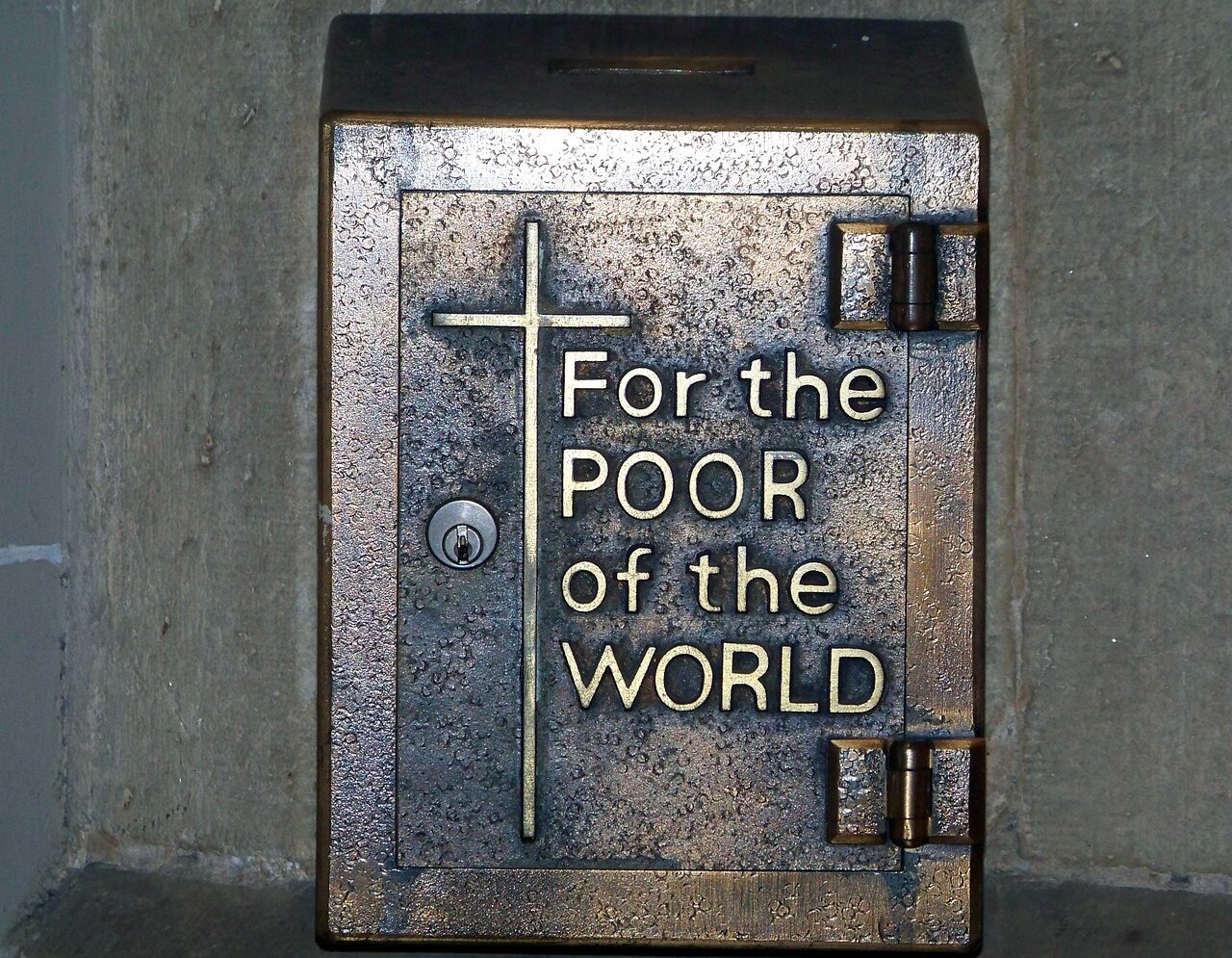
We rarely discuss money. In our churches, the topic is cautiously approached and heavily veiled in rhetoric.
Measure for measure
Such economies feature in the Old Testament. ‘Eye for eye, tooth for tooth’ (Exodus 21:23–27) is an obvious example and establishes the principle of reciprocity in justice. Monetary compensation was not an option; it was a case of measure for measure, as Shakespeare noted. Long before the Old Testament, the Babylonian Hammurabi Code set out the terms of reciprocity and equivalence. If a person kills another person, the only penalty is death.
So, many currencies don’t involve money at all, at least directly. As the poet U.A. Fanthorpe noted, love is a kind of currency. Mutual trust and respect are currencies; they must flow both ways for the currency to have any value. Kindness is a currency; arguably, our entire human and social economy depends on it. And, as the Beatles noted, money can’t buy love.
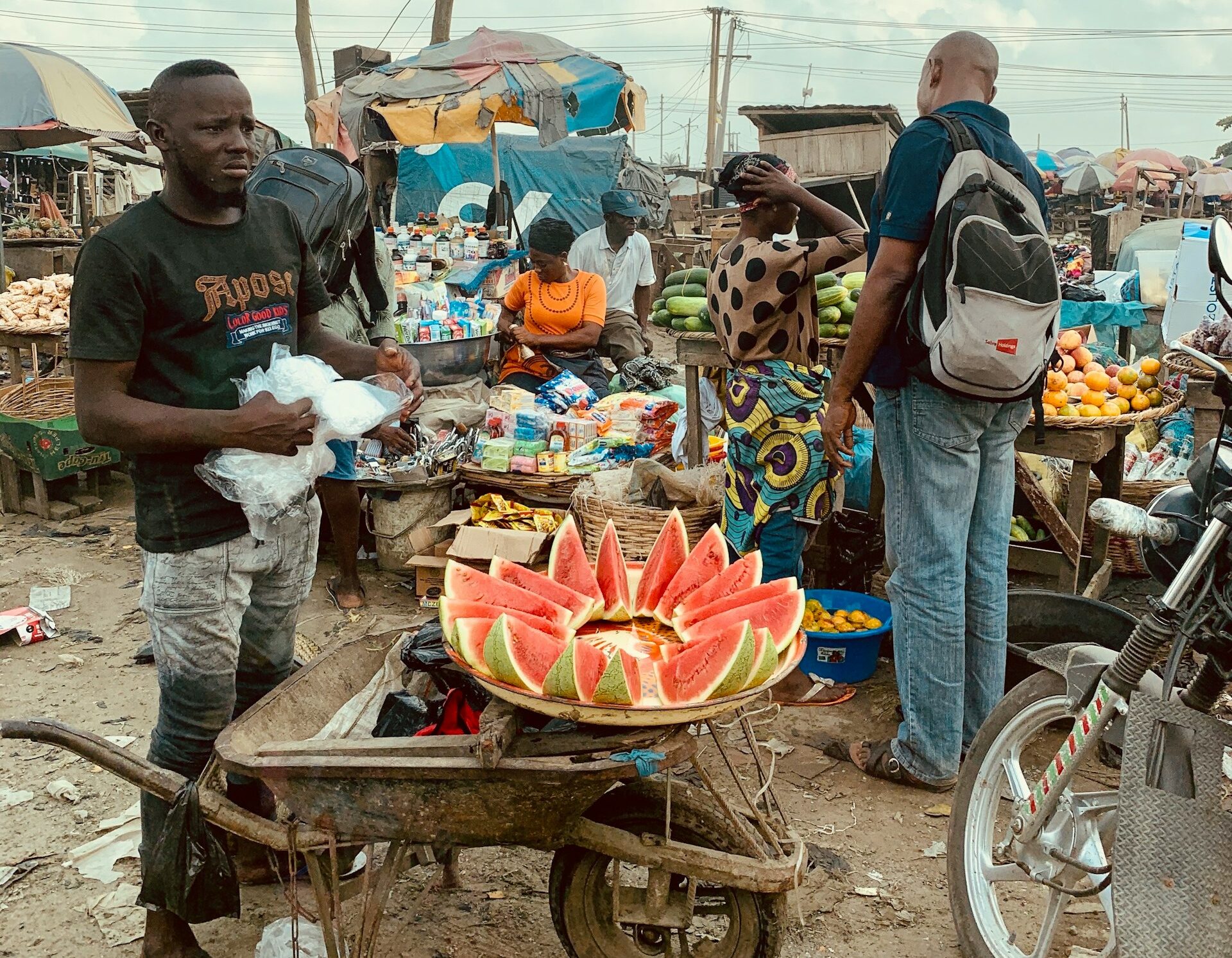
Kindness is a currency; arguably, our entire human and social economy depends on it.
A full-blown revolution
Jesus’ kingdom of God project was a serious reset, if not a full-blown revolution, of economy and currency and how we think of value. Jesus was forever teasing his audiences with exaggerated and sometimes absurd economies of scale. Who would leave 99 sheep (worth a lot of money) to find just one? Wise and experienced shepherds would write off the missing one. Who, seriously, would count the number of hairs on your head?
Jesus’ preaching, practice, miracles and ministry placed enormous value on the undervalued, devalued and seemingly valueless. At the same time, Jesus constantly undermines those who have misplaced values, those who overestimate their own value while undervaluing others, and those who prevent people from acquiring value. The currency of Jesus’ kingdom of God project is centred on the flow of God’s love, grace, mercy, kindness and tenderness.
Jesus embodies and teaches that this kingdom cannot be bankrupt and that its resources, assets, treasures and wealth are imperishable, limitless and free. So, Jesus opposes those who apply tariffs and restrictions on God’s kingdom currency. Jesus chides those who seek to profit from it or restrict access to God’s abundant funds of love and grace, which are free. Jesus says you cannot earn or deserve the gift, but you can do the will of God by sharing what you have been given.
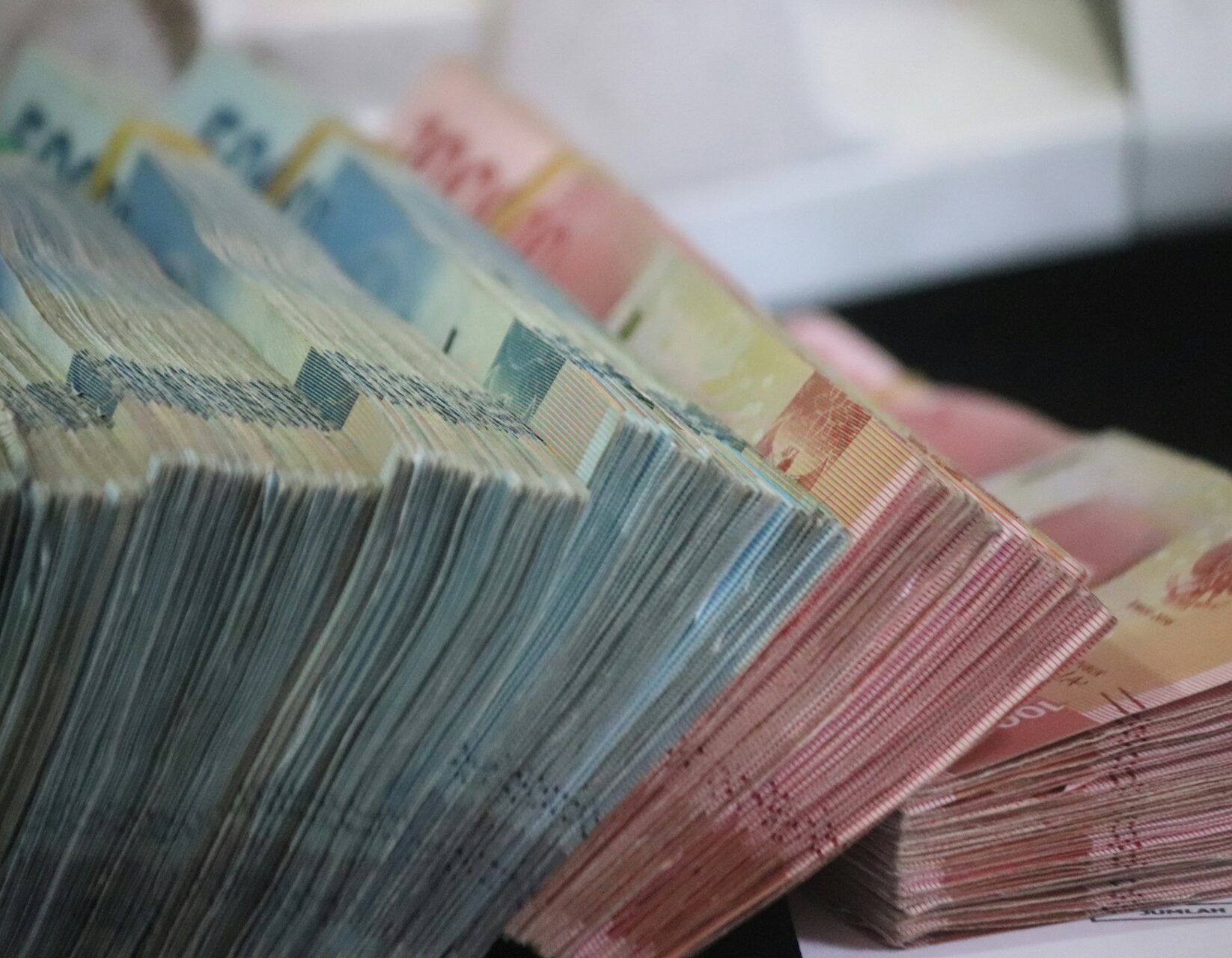
Jesus was forever teasing his audiences with exaggerated and sometimes absurd economies of scale.
Money has no life of its own
The gospels are full of references to coins, money, taxes, costs, pricing, wages, bribery and gambling. Yet money has no life of its own. In the right hands, it can do a great deal of good. In the wrong hands, it may do nothing or even cause harm. Jesus warns about this when he states how difficult it is ‘for a rich person to enter the kingdom of God’ (Mark 10:25). The problem is not so much money as what consumes the possessor and what they value. Jesus knew his Old Testament here:
He who loves money will not be satisfied with money, nor he who loves wealth with his income; this also is vanity… As he came from his mother’s womb he shall go again, naked as he came, and shall take nothing for his toil that he may carry away in his hand.
Ecclesiastes 5:10, 15
Money is not ‘the root of all evil’. The scriptures say that ‘the love of money is a root of all kinds of evils’ (1 Timothy 6:10). This is the whole point of Jesus’ parable of the rich fool. The person who places his confidence and finds his joy in material wealth has a false sense of security and happiness. Such a person is in for a rude awakening when the final summons beckons. ‘Fool! This night your soul is required of you, and the things you have prepared, whose will they be?’ (Luke 12:20). Death is the great equalizer.
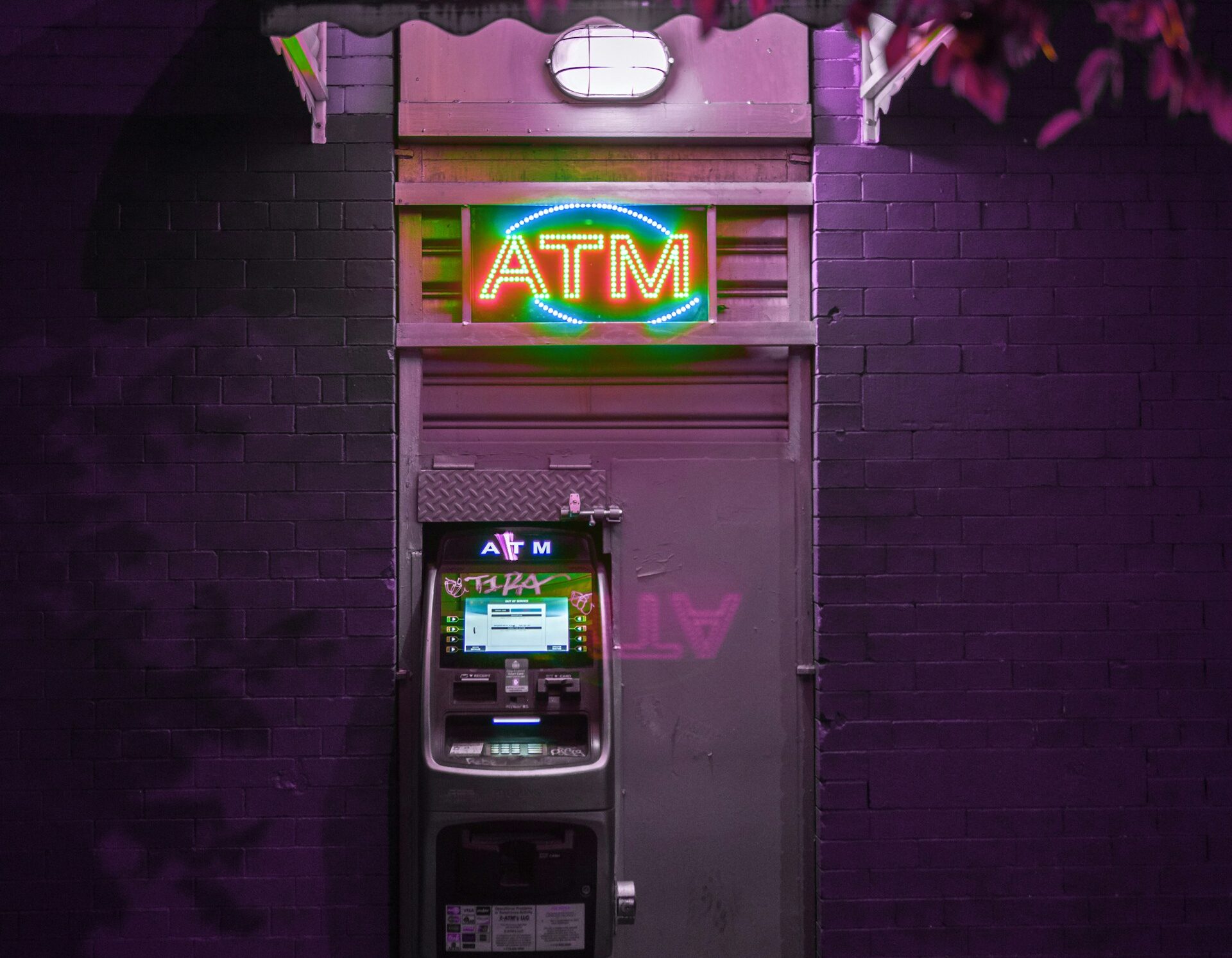
The problem is not so much money as what consumes the possessor and what they value.
An exemplar for the wider world
The church does not exist to be a system of taxation, or a ‘custom house’. As Pope Francis sagely observed, the church is meant to be a field hospital, in which the broken, wounded and diseased can be held, tended to, patched up and made whole again. The church is meant to be an exemplar of this for the wider world.
However you choose to vote on 4 July – Independence Day in the USA – remember that God’s currency is something else. It is revolutionary. The economy of the kingdom of God is what we strive for – a reset of what society might become in the age to come. After all, what else is the Magnificat (Mary’s song) other than God’s ballad for levelling up the poor… and also levelling down the rich and powerful.
Scripture quotations are taken from The Holy Bible, English Standard Version, published by HarperCollins Publishers, © 2001 Crossway Bibles, a division of Good News Publishers. Used by permission. All rights reserved.

